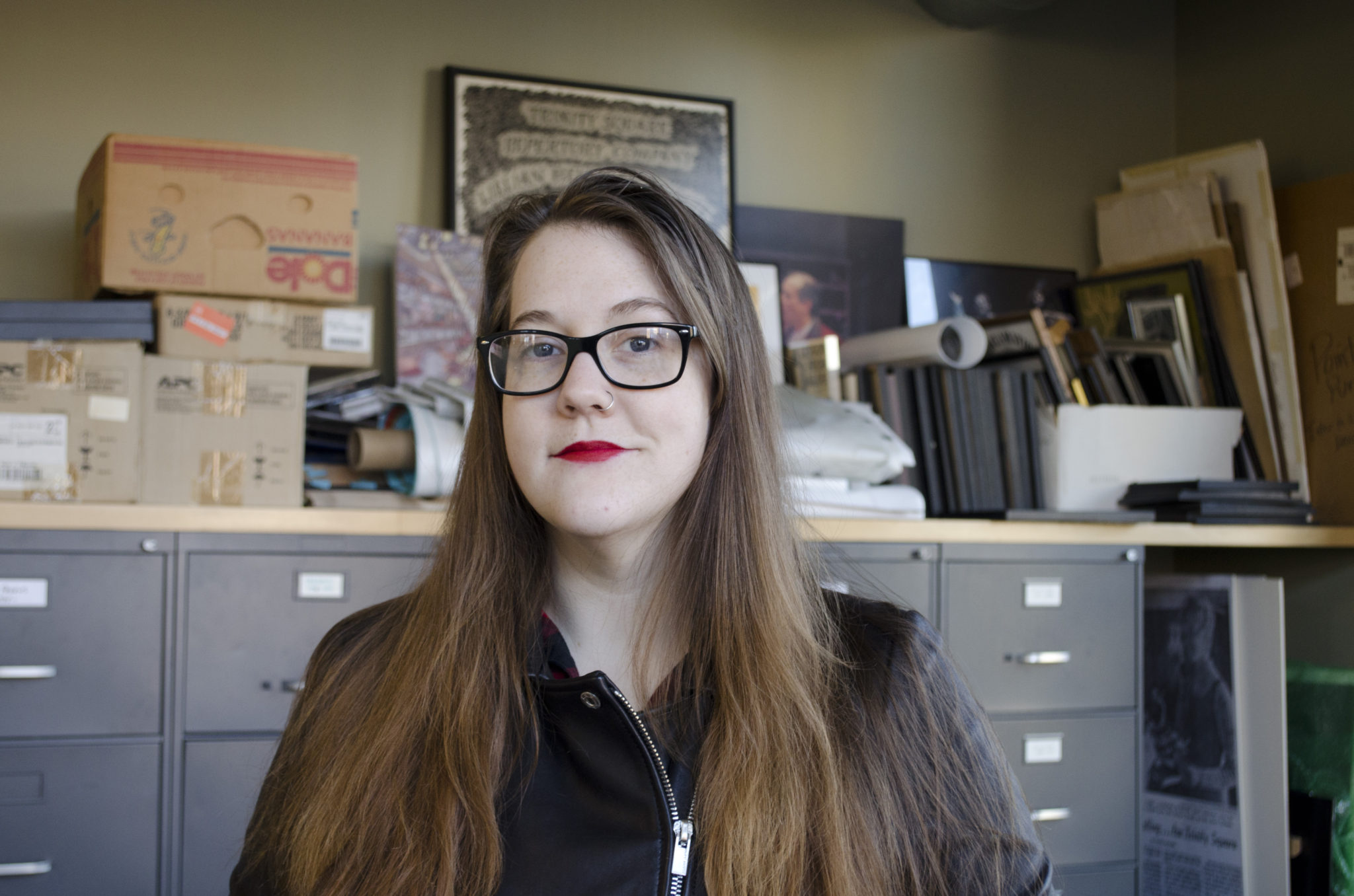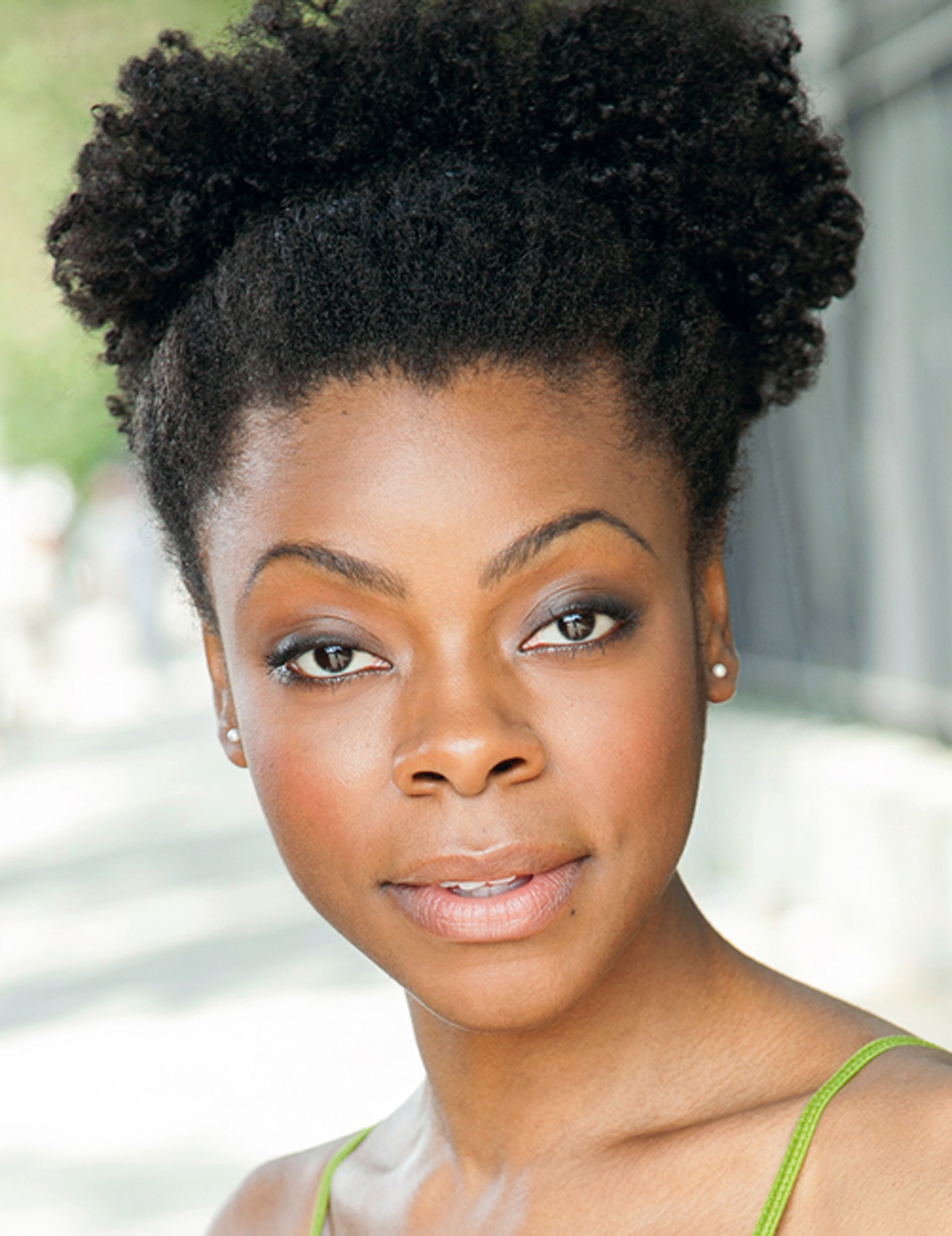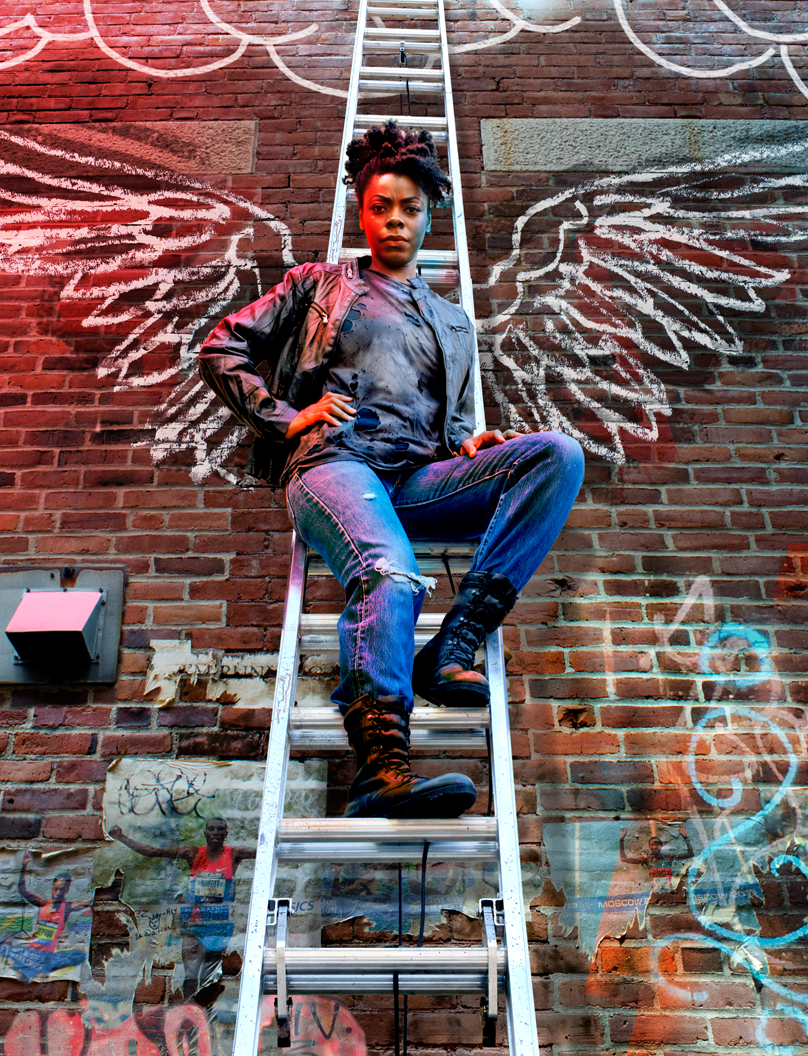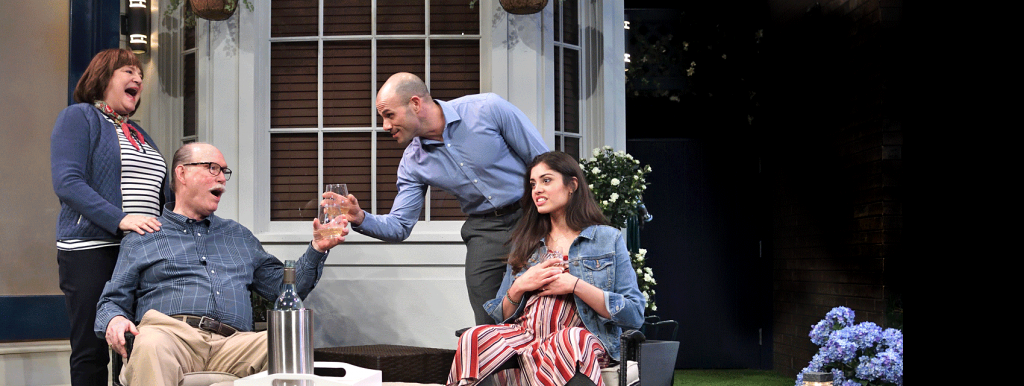
4/3/19
Caitlin Howle, Trinity Rep’s digital marketing coordinator, had a chat recently with resident company member Mia Ellis. Mia has had a whirlwind year since we last saw her performing the breathtaking and tragic role of Sarah in last season’s production of Ragtime. We wanted to catch up with her and find out what audiences have to look forward to in our upcoming production of Marisol.
CH: Before we jump in — where have you been since Ragtime? What productions have you been in? Spill the details, we’ve missed you!

ME: The short version is that I was all over for a little while, then I landed in Los Angeles! The longer version is that I was in a workshop performance of an incredible piece, Benevolence, which was written by Ifa Bayeza as part of The Till Trilogy and performed at Mosaic Theater in Washington, DC; I had never worked there before. I also helped produce, for the first time, a short film titled, Softer. I was in the play Blood Wedding at The Williams Project in Seattle — which was another first, and fellow company member Rebecca Gibel was also a part of the production. Then, I volunteered as a writer-mentor with Young Storytellers. I was also recently chosen to be a Semele Scribe at an ensemble theater company in LA, Son of Semele. It’s been a wonderful time, full of many new experiences, and I am learning so much but I am absolutely looking forward to returning to Providence — it’s akin to coming home.
CH: We are so excited for you, and extremely proud, too. Now, let’s talk about your upcoming role in Jose Rivera’s Marisol. What was your first exposure to the show?
ME: I first saw Marisol when I was in my third year in the graduate program here at Brown/Trinity Rep in 2012. Part of the first-year class was in a production of it, and I recall wondering if I would ever encounter the play again and what I would make of it, and here we are!
CH: That’s amazing. I love the connection with the Brown/Trinity Rep MFA program. What are you most looking forward to about this production?
ME: Working with my fellow acting company members again, and the angel wings, of course!
CH: You’ll be reuniting with director Brian Mertes, who you last worked with here in The Glass Menagerie in 2015 — what can you tell me about working with him?
ME: Brian and I have great respect and understanding of each other as artists and people, and I’m delighted to work with him. I’m always on the edge of anticipation when in a rehearsal process with Brian. He knows my strengths quite well, and he creates a world in which it’s necessary for those strengths to be tested and re-molded in service of the play. He takes the music that I am, rearranges the notes, modulates the key, and the result is a variation on the theme of me and the character I’m playing that neither of us could have predicted.
CH: Marisol focuses a lot on the theme of protection, especially with your character, the Angel. What do you think of the idea of an angel as a protector — even in the face of war? How do you feel that we protect each other in times of unrest and uncertainty?
ME: Someone always has to keep watch, so the idea of angels in war and in peace, is an idea I believe in. I also firmly believe that God works through people, and in that way, we all have the potential, the ability to be angels, to provide a saving grace to anyone in need of it. We are responsible for each other in that way. I dare say that anyone can be an angel at any time, but the choice to be one has to be made. Much like how the Angel gives Marisol a choice. Holding each other accountable is included in that as well. When God or a powerful leader, whichever is applicable, slowly becomes or has always been incompetent and destructive, who will be brave enough to implement the system of checks and balances? We, the angels have to…

CH: I love this idea of people being able to be individual angels, and I think that’s such a poignant thought when it relates to Jose Rivera’s work. Marisol is set at the turn of the 21st century — which is already almost two decades ago if you can believe it. Do you feel that a play about the new millennium is relevant in today’s world?
ME: Absolutely. With all that is happening throughout the world, we might as well be at the turn of the century, which is a phrase, in my opinion, that evokes a feeling that there are cataclysmic historical changes taking place; that feeling has been replaced with the reality that changes are actually happening right in front of each and every one of us.
CH: That’s beautiful. So tell us, what do you want audiences to take away from this production?
ME: Many things, but to start: fear and responsibility. These two things combined will spark a need for each audience member to look inside, to soul search, and to recognize any belief they have that permits dehumanization, discrimination, or inequality, and then align their thoughts and actions with the opposite of that belief.
